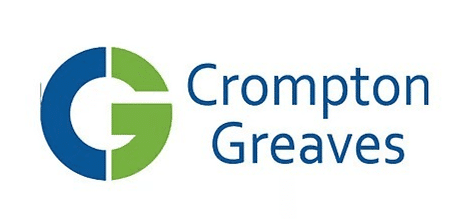India’s Madison Communications has filed a court plea to quash the ongoing antitrust investigation, arguing that executives were questioned unlawfully and crucial search memos were not provided as legally required. The company contests procedural violations that, if upheld, could impact the Competition Commission of India's probe.
Madison Communications, a leading Indian advertising agency, has approached the court requesting dismissal of the antitrust probe initiated by the Competition Commission of India (CCI). The company alleges procedural lapses including unlawful questioning of its executives and the failure by the regulator to share the mandatory search memo, a document required under law to ensure transparency and legality of the searches conducted.
The court filing brings to light concerns over adherence to due process and the protection of rights of individuals and companies under investigation. Madison Communications insists that questioning was conducted without proper legal safeguards and the absence of the search memo undermines the legitimacy of the probe.
The probe by the CCI targets alleged anticompetitive practices in advertising rates and discount collusion among ad agencies. This legal challenge is part of a broader pushback by major agencies questioning the probe’s procedure and transparency.
Important Points
Unlawful questioning claim: Madison Communications argues its executives were questioned outside the bounds of legal protocols, potentially violating rights.
Search memo not provided: The company highlights that the required search memo detailing the scope and authority of the searches was not furnished, which is mandatory under Indian law.
Legal plea: Madison has petitioned the court to quash the antitrust investigation on grounds of procedural irregularities and violation of due process.
Probe context: The CCI is investigating alleged cartelization and price-fixing practices among major advertising agencies in India.
Industry-wide impact: Other agencies like Publicis have also challenged the CCI’s handling of the probe in court, citing denial of access to case files and lack of transparency.
Regulatory stakes: If companies are found culpable, they may face heavy penalties including fines up to three times their profits or 10% of global turnover per year of misconduct.
Major Takeaways
Madison Communications’ court challenge raises critical questions about the procedural fairness and legality of CCI’s investigation methods in high-stakes antitrust probes.
The absence of the search memo and alleged unlawful questioning could undermine the entire case if courts uphold the company’s claims.
The stakes are significant for India’s advertising sector, as this probe affects multiple large firms and highlights broader regulatory challenges in enforcing competition law.
The judicial examination of these procedural aspects may set important precedents for future antitrust enforcement and corporate rights in India.
As this legal battle unfolds, the advertising industry and regulators alike await clarity on the limits of investigative powers and the protection of due process under Indian competition law.
Sources: Reuters, Economic Times, Medianews4u, Mlex, Advomart.







